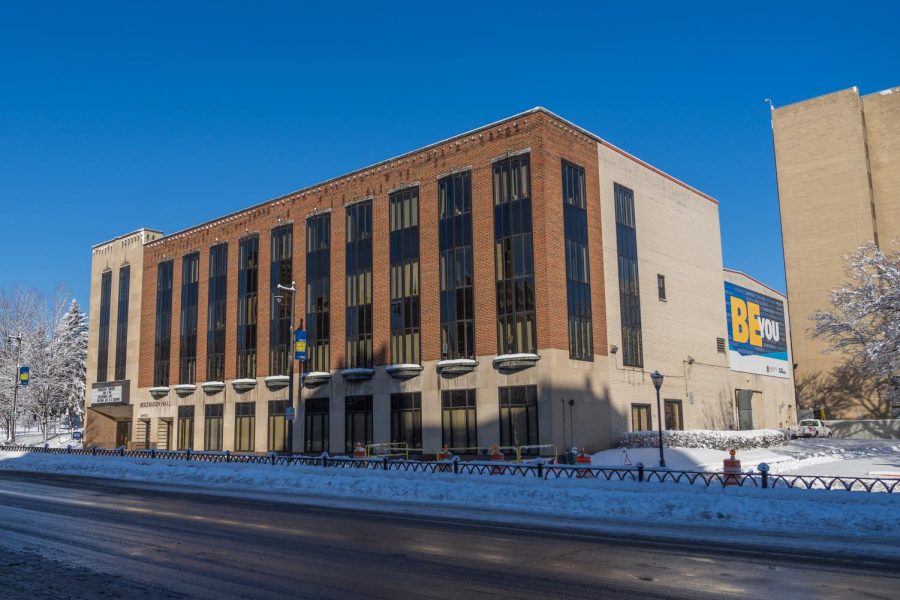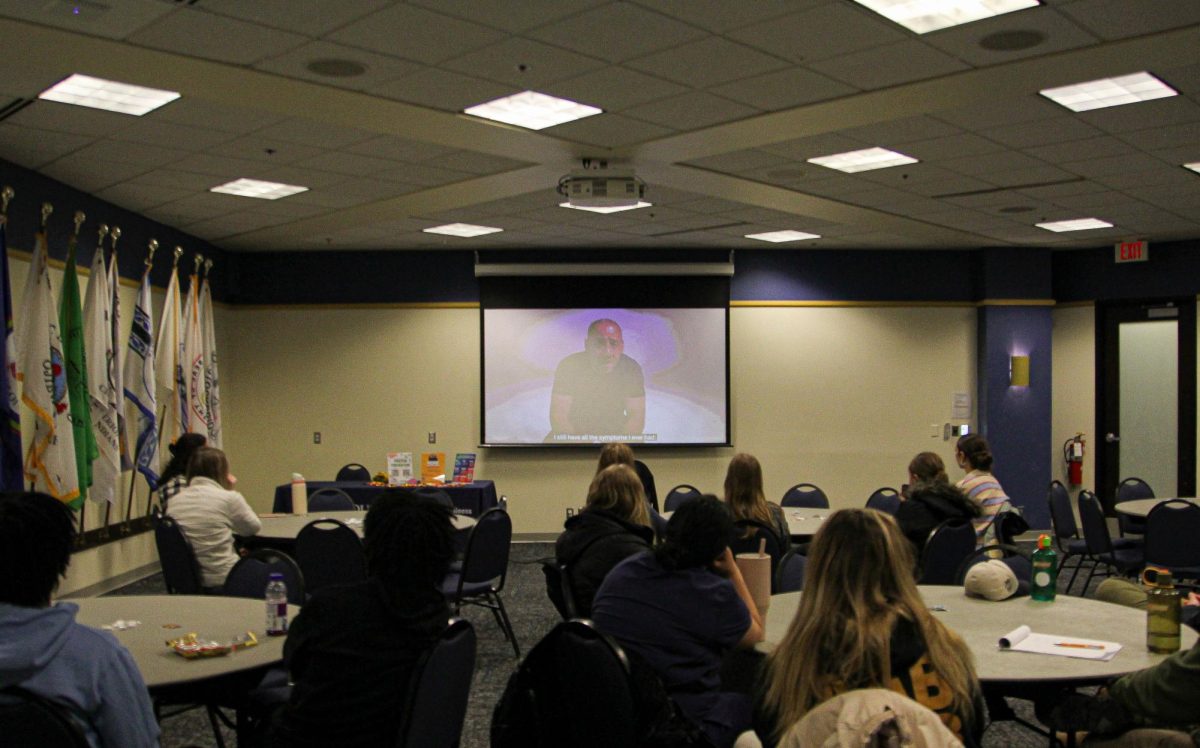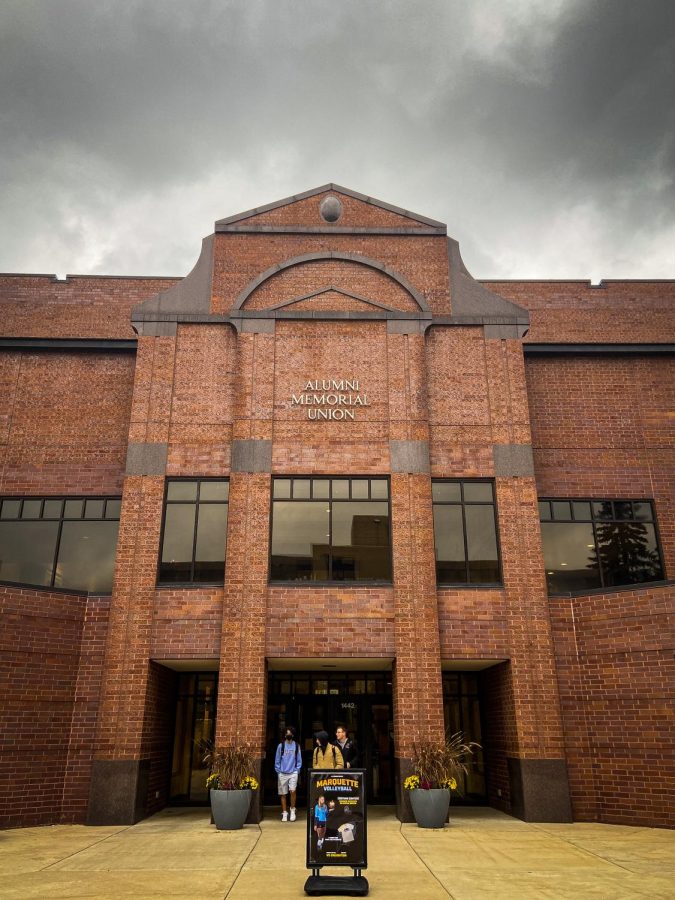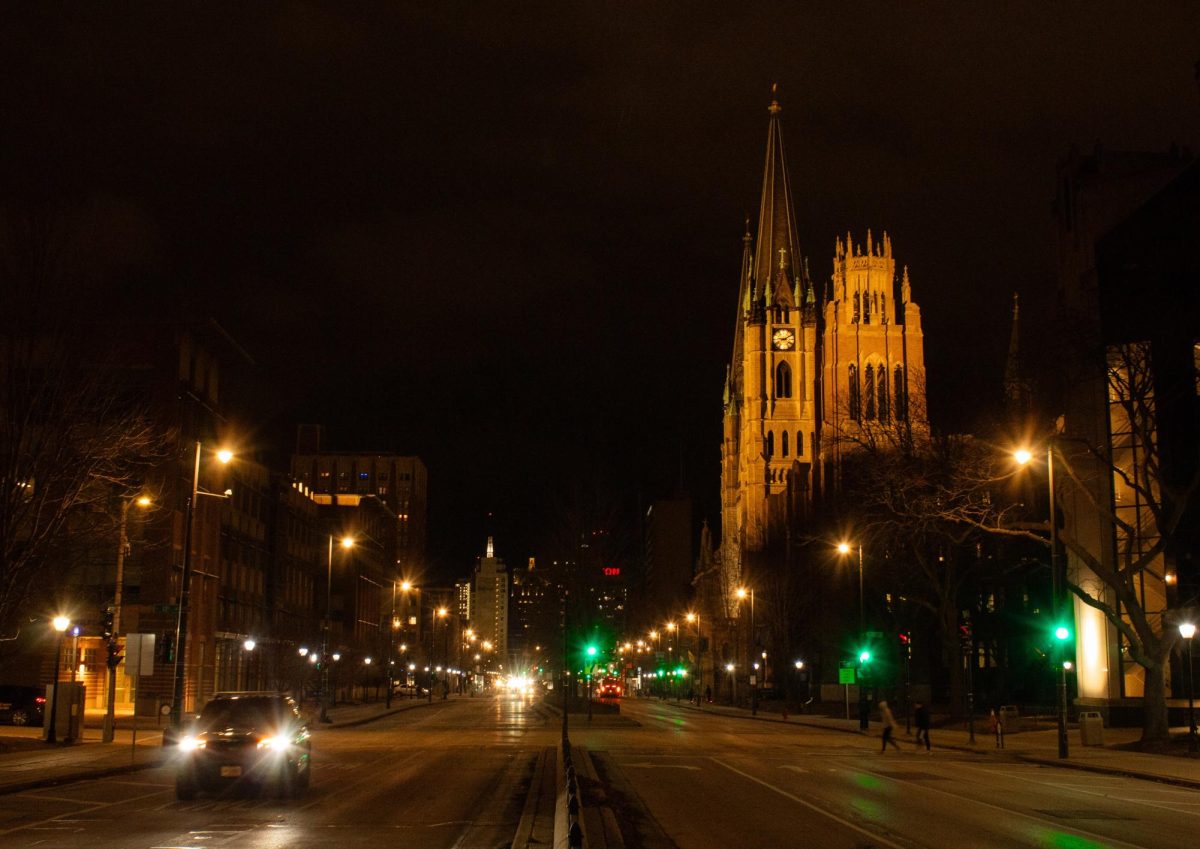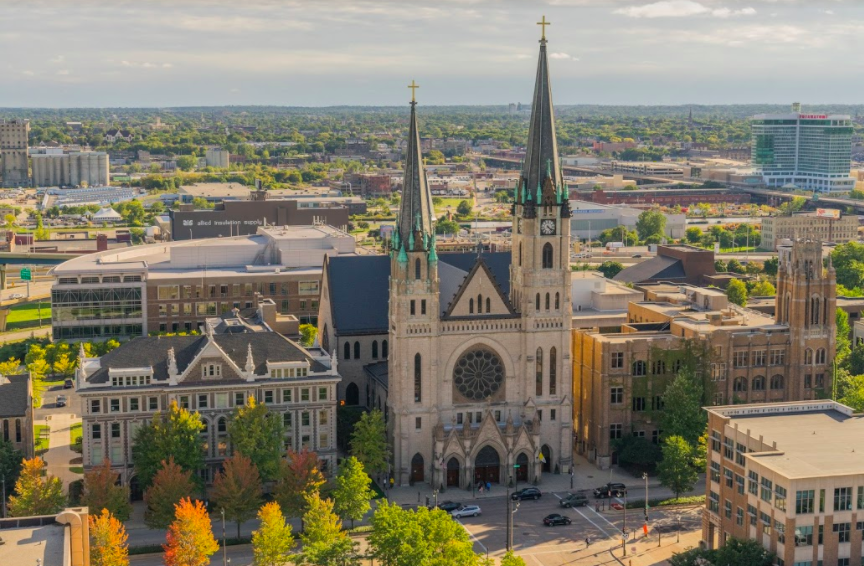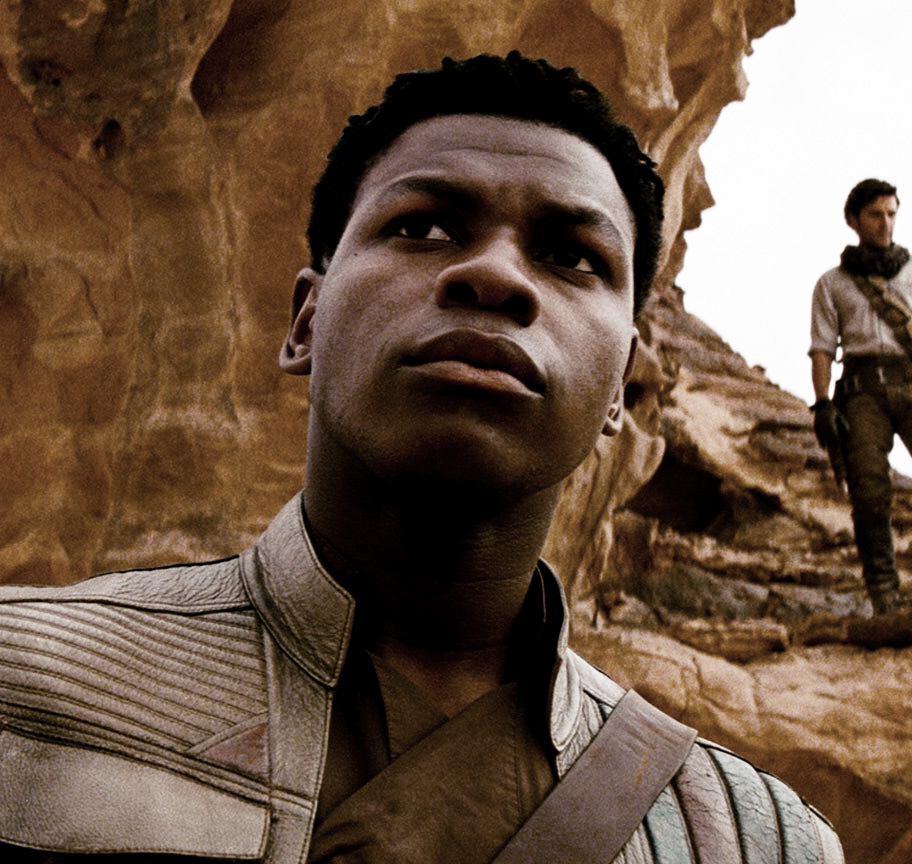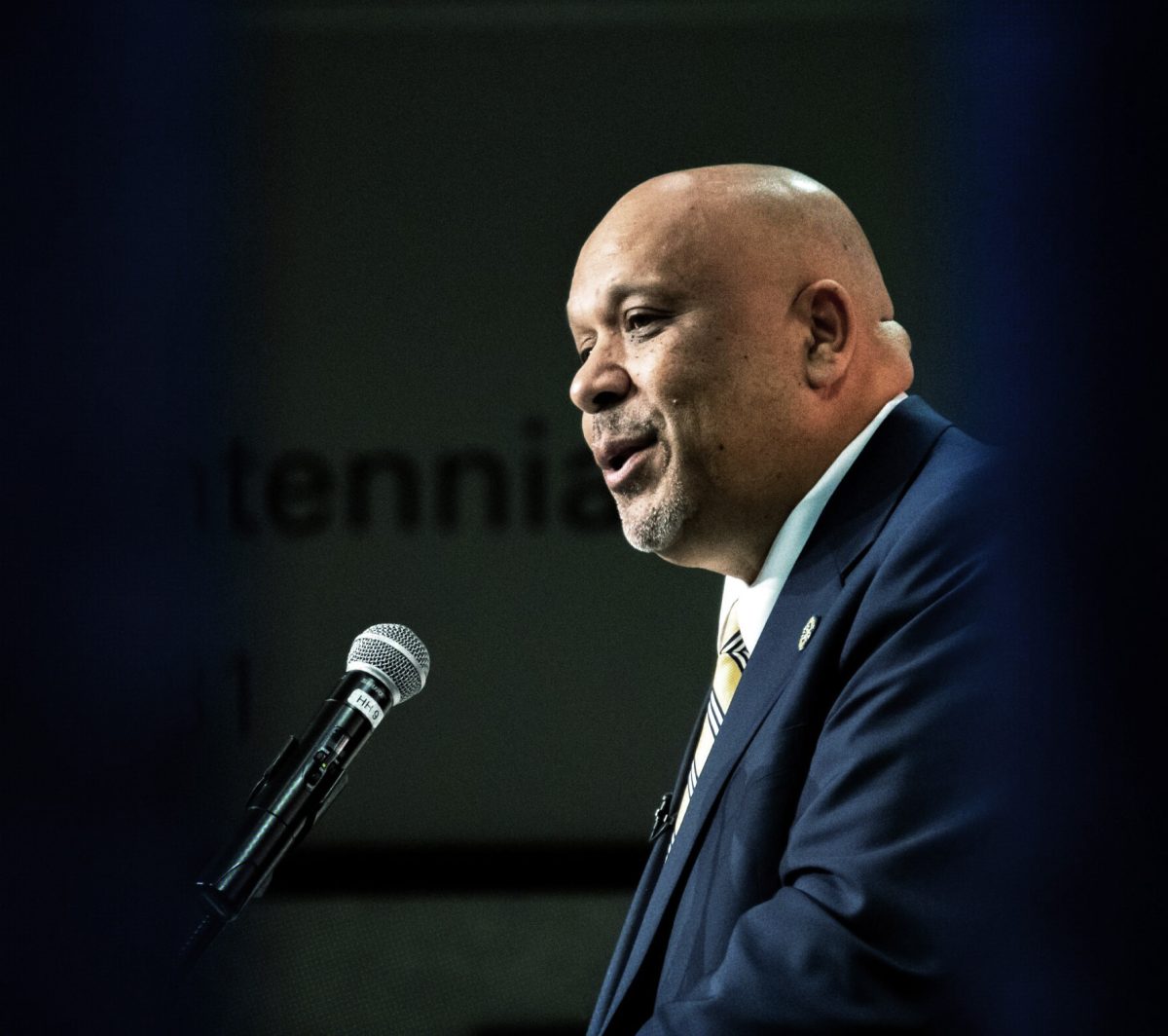Last spring, four students created a petition to increase diversity and representation in the Marquette Counseling Center by hiring two black psychologists. The students are still in the process of working with the university to make this change happen.
Sierra Jones, a current sophomore in the College of Health Sciences and the College of Arts & Sciences, along with students Breanna Flowers, Corrine Flowers and Dillon Lively, made the petition April 9, 2019. They were all serving on Marquette University Student Government and were the only students of color in the senate at the time, Jones said.
She said the idea to push for hiring black counselors came after Jones and Flowers attended a first-generation student summit through MUSG. They returned and realized that the lack of diversity on Marquette’s campus was a problem, particularly in the Counseling Center. While Jones has never visited the Counseling Center herself, she said she knows others who took part in creating the petition had gone and felt underrepresented.
Jones said the group proposed legislation to present to MUSG, but ended up going directly to the university with their petition. She said the four students met with vice president for student affairs Xavier Cole a few times in 2019. The last time they met was in the middle of June.
The first time Cole met with the four students regarding increasing the number of counselors of color, University President Michael Lovell and Counseling Center director Michael Zebrowski were also in attendance.
Cole said making change happen requires a process.
“As a vice president, I just can’t automatically just create a position. As you know, the university eliminated positions in September,” Cole said. “It’s a much more strategic process to get those things vetted and basically supported.”
Lovell announced an $8 million donation to go toward improving mental health at the presidential address Jan. 29, but Cole said this donation will go toward “scholarships, assistantships (and) supporting doctoral students.” He said the donation is “much more on the academic training side than it is on the practical application side of providing service in our Counseling Center.”
There was a smaller donation made in December, however, that will be applied directly to the Counseling Center, and another anonymous donation coming that Cole said he cannot announce yet but is “much more in the hundreds of thousands of dollars than it is in a million.”
Additionally, Cole said the Counseling Center hires staff based on qualifications and experience and does not request information regarding their identity. He said the center needs to find individuals who want to be in Milwaukee and work on a college campus, who will also be a good fit for the university. He said that the number of “multicultural counselors in this region” are not high and that there is competition for counselors of color, as well as counselors in general in the area.
“I explained to the students that for me, it is much more about the competencies that the person holds than the identity that they hold,” Cole said. “Sometimes those two things are one and the same. Sometimes a person has an identity but doesn’t even identify with that identity. … There are lots of folks who do not look like you … that are allies in the work that you’re doing.”
Cole used his own identity as an example, saying that although he personally identifies as an African-American male, he serves all students at the university, and his personal identity does not affect his ability to advocate and support any group of people.
Cole also said that during the meetings with the students, he encouraged them to work to make change by putting a diverse group together that includes allies of all races and identities.
Jones said they plan to meet with Cole again in the coming weeks to continue their push for change.
“I understand that they understand the problem, but I don’t feel like they have any higher motivation to make it happen,” Jones said. “I don’t feel like they have any strong incentive to make it happen as soon as possible.”
Jones said she appreciates Cole, Lovell and assistant vice president for student affairs Joya Crear for meeting with them and listening, even though no new African-American counselors have yet been hired.
“Honestly they could have just kind of ignored us, but the fact that they took the time out of their day to … talk about it,” Jones said. “I mean, it’s something. It’s not what we want, but we’re getting there.”
Jones said the other students involved in the petition declined to speak on the subject until further progress is made.
This story was written by Kelli Arseneau. She can be reached at kelli.arseneau@marquette.edu.

